We save lives, and we need your help!
Make a difference in Zambia's prisons
Ubumi operates at the intersection of development and emergency aid in Zambia’s prisons – creating more dignified conditions for inmates and their children.
Health, education & reintegration
National collaboration, advocacy & partnerships
Projects for children, youth & the seriously ill
We focus on the most vulnerable
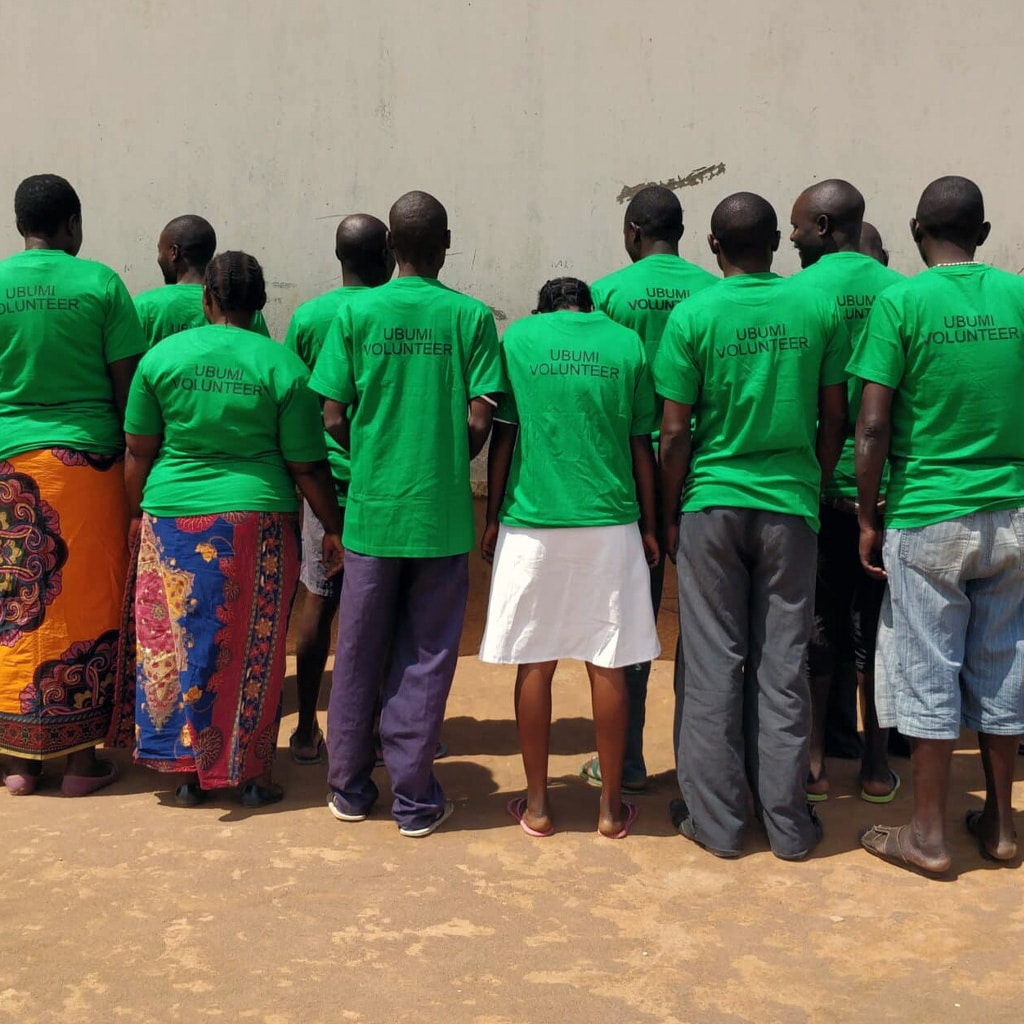

Advocating for the rights of all inmates
Special focus on the most vulnerable: children, pregnant women & the seriously ill
Inmates in African prisons live under harsh conditions. Overcrowding and unsanitary environments, along with a lack of medical care and food, can lead to illness and death.
The Ubumi Prisons Initiative advocates for the rights of all inmates, with a special focus on the most vulnerable: children, both young and older, pregnant women, and the seriously ill. We also work on reintegration, as many inmates face isolation, poverty, and hopelessness upon release.
We need your help!
Ubumi operates at the intersection of development & emergency aid
Projects in Zambia
The Ubumi Prisons Initiative focuses on helping the most vulnerable in Zambia’s prisons. The target groups include children, youth, pregnant women, mothers, individuals with mental illnesses or vulnerabilities, and those who are seriously physically ill.
Read more
Projects in Denmark
Ubumi, together with the organization 100% for Børnene and Rapolotics, aims to engage young people from Aarhus in development work and the UN’s Sustainable Development Goals.
Read more
About Zambia's Prisons
African prisons are marked by dirty and overcrowded environments, with poor access to the judicial system and healthcare services. Inmates are typically convicted of poverty-related petty crimes, yet they risk spending years in prison. The judicial system is inefficient and often plagued by corruption.
Read more
The 4 Key Points
It's about human rights & the fact that all people have the right to a life of dignity.
Imprisonment is well-documented as being deeply harmful to the mental, social, and physical health of inmates. We work in a data-driven manner, monitoring Zambia’s own declared goals regarding the health and rights of current and former inmates.
Our work rests on 4 pillars, all of which stem from human rights and the conviction that all people have the right to a life of dignity:
Children and young
Children and young people are particularly vulnerable during imprisonment as they find it more difficult to protect themselves and are dependent on adults around them. Ubumi works to create the best possible physical, psychological and social conditions for children and adolescents.
Read more
Health
Health is fundamental to a dignified life. The difficult conditions within prisons include overcrowding, poor hygiene and insufficient food, meaning that both children and adults are acutely exposed to illness and suffering. Ubumi focuses on the realization of the rights of children and adults in prisons, i.e. through nutrition and health projects.
Read more
Mental Health
Mental illness is widespread in prisons, where many are incarcerated as a result of non-existent or failed psychiatric treatment. Inmates often develop severe stress conditions, anxiety or depression as a result of their imprisonment. Ubumi works to educate health workers, correctional facility staff and inmates on mental health with the aim of breaking down stigma, improving psychiatric treatment and helping the most vulnerable in various ways, including through the formation of self-help groups.
Read more
Education and reintegration
Imprisonment is harmful to the mental, social and physical health of the inmates. Many are isolated from their families who often cut them off and many often find it difficult to find a footing upon release. We work to support education, especially for the young inmates, but also at our reintegration farm, where inmates have the opportunity to partake in an agricultural training course and help to connect with local farmers and businesses.
Read more
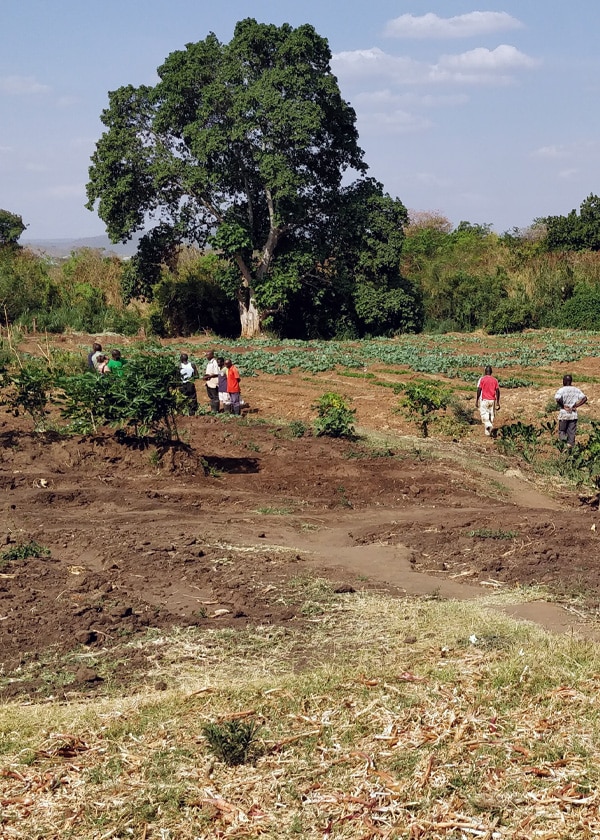
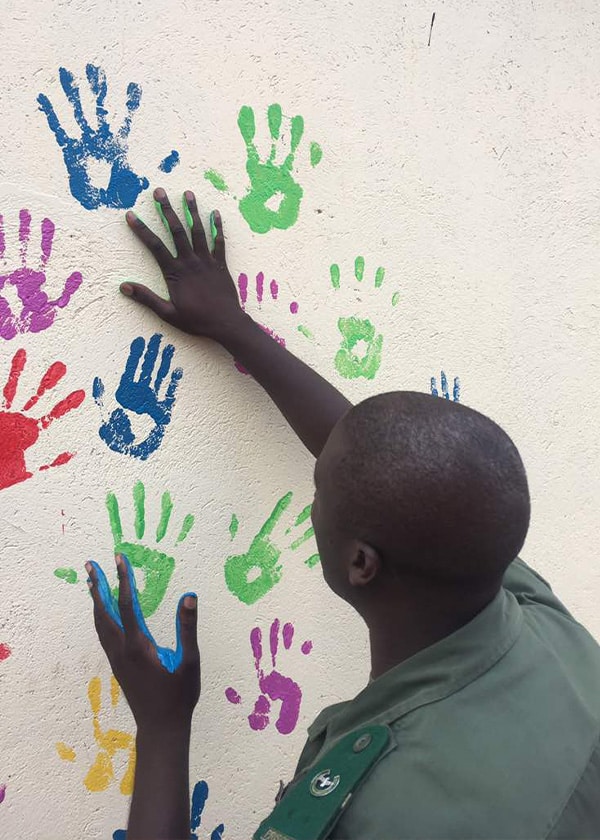
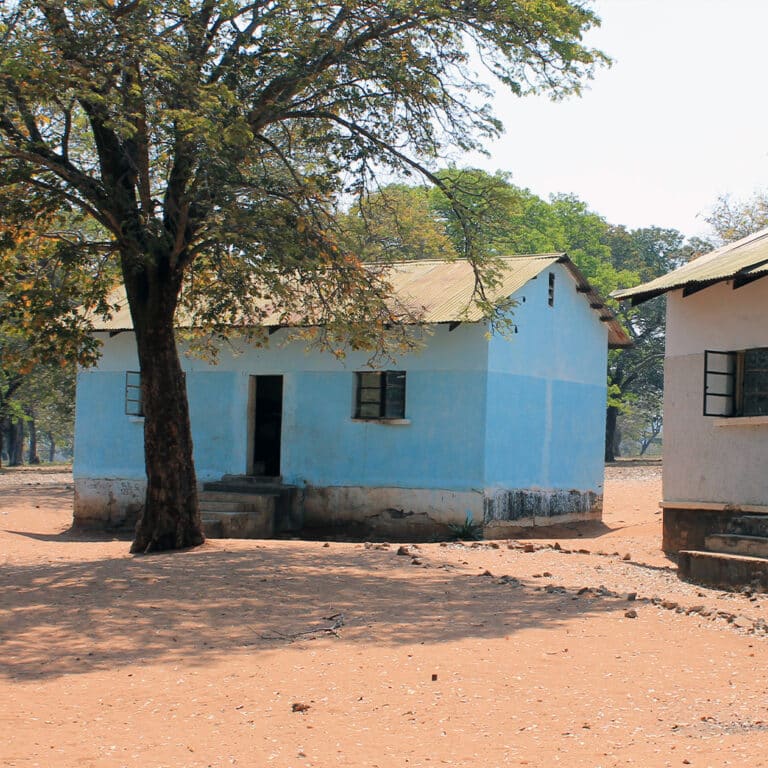
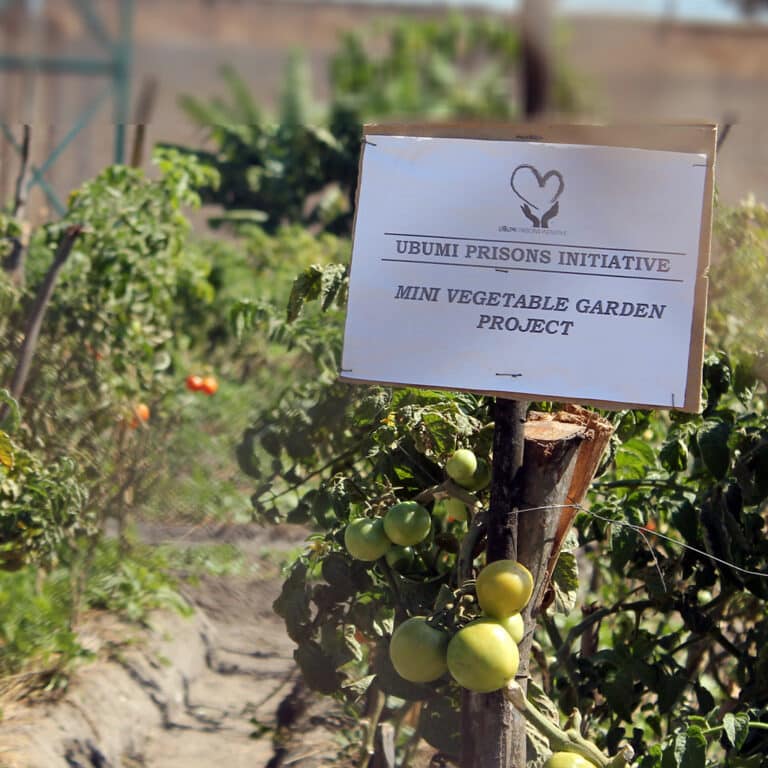
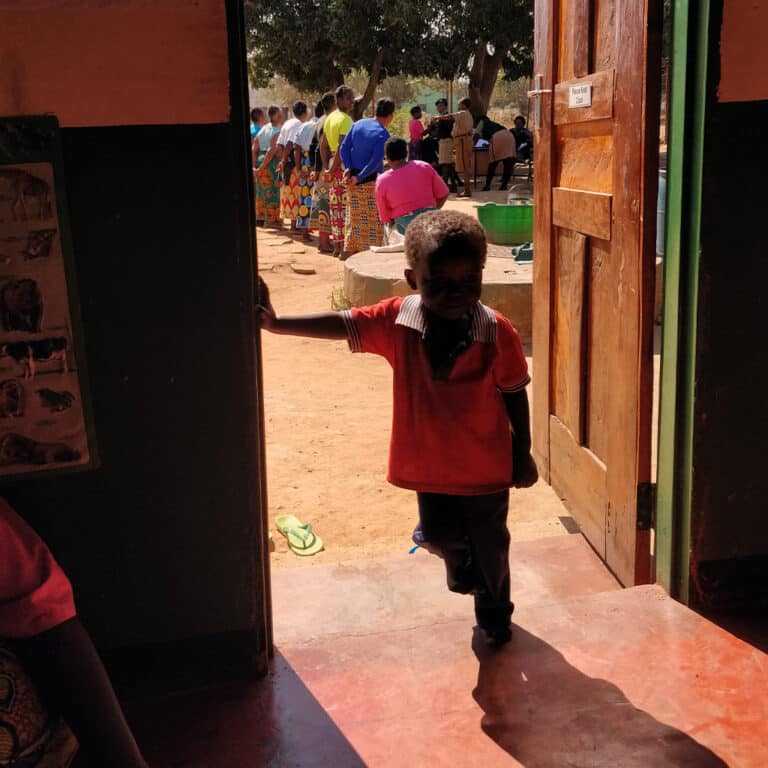
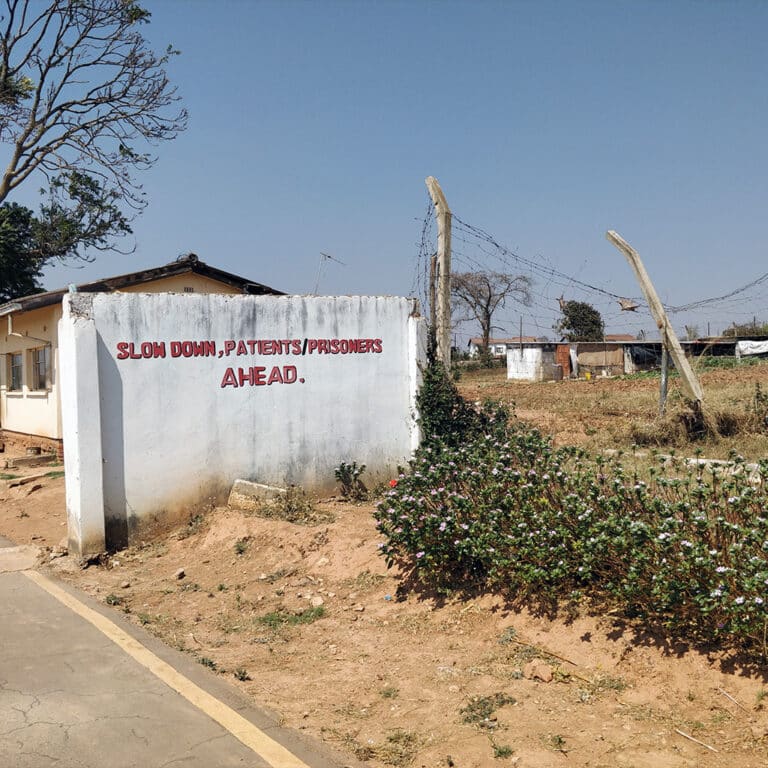
Copperbelt
Central
Lusaka
Eastern
Copperbelt, Lusaka, Central & Eastern
Overview of Our Provinces in Zambia
We work on reintegration, both through initiatives inside the prisons and outside, where former inmates, along with vulnerable members of the local community, participate in an education and internship program. This program focuses primarily on teaching agricultural skills.
Ubumi works closely with volunteer inmates and prison staff. We identify ways for the inmates to take responsibility for the projects themselves.